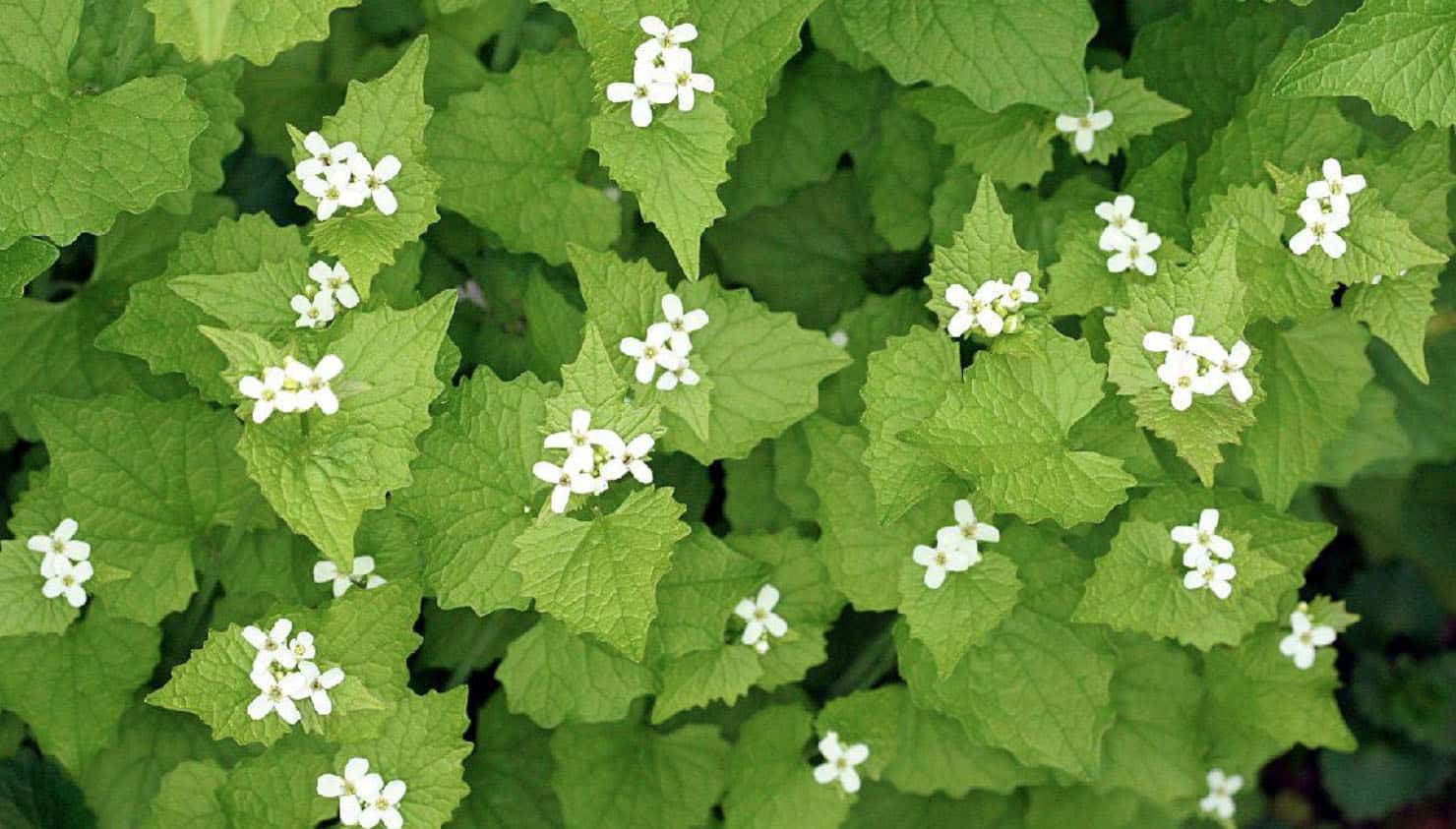Learn how a tasty herb is threatening other plants in Burlington’s ecosystem
Published May 17, 2023 at 9:37 am

Gaining control of an invasive plant species will be the subject of three workshops in Burlington over the holiday weekend.
Presented by the environmental group Burlington Green, the workshops will specifically look at garlic mustard, a non-native plant that can slowly take over your garden or other naturalized areas, pushing out native vegetation and harming the local ecosystem.
The workshops will be held May 20, 21 and 22 at 11 a.m. at the Eco-Hub, 1094 Lakeshore Rd. in Beachway Park.
Participants will learn how to identify garlic mustard and how to safely remove it.
Native to Europe, garlic mustard was introduced into North America in the 1800s as an edible herb that was traditionally used for flavouring foods and, because of its hardiness, as erosion control.
Once in North America, it began to spread and with few natural enemies, and with a root system that prevents other plants from growing, it has been able to flourish and dominate forest areas. It offers no known wildlife benefits but can push out plants that do benefit local ecosystems.
Garlic mustard spreads by seeds that fall close to the parent plant, but are also spread over long distances by humans, pets and wildlife. Seeds can be carried on items including boots, fur or clothing.
inhalton's Editorial Standards and Policies advertising





